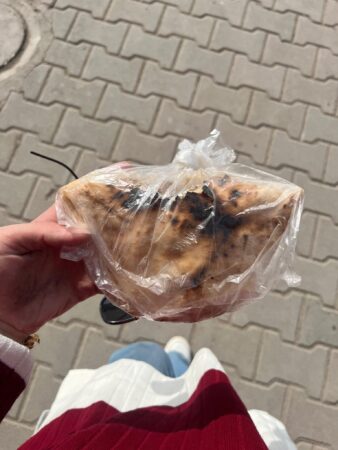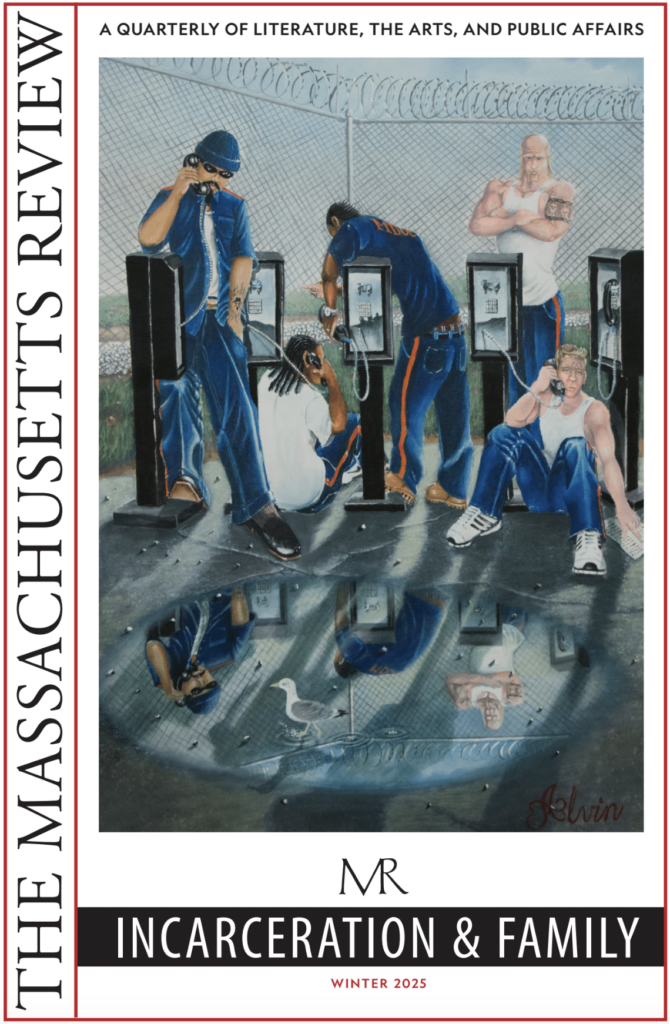Starvation, Resistance, Love

Photo courtesy of the Author
Something that makes me fall in love with Gaza even more each day is the unspoken I-have-little-you-have-little-let’s-share-it attitude that thrives among households.
I have a neighbour, a wife and mother of five, whose financial situation is visibly difficult. Yet from the very first day I moved into this apartment (my fourth displacement since the genocide began), she’s shared most of the meals she’s cooked with me. And since the passing of my beloved mother, her generosity seems to have only deepened. Every day, her son knocks on my door and says, “My mom cooked this and wants you to taste it.”
And so, I always cook with her in mind, adding just a little more to every pot so I can send her a dish.
But what touches me even more deeply is how we’ve all become each other’s lifeline in the kitchen. With food vanishing from the markets and basic ingredients turning into luxuries, it’s become common for neighbours to knock on one another’s doors and say, “Do you have a spoon of salt? A clove of garlic? A pinch of sugar?” No one hesitates. No one turns away. Everyone gives because they know what it means to need.
This isn’t just a cultural habit. It’s something deeply rooted in faith. There’s a verse in the Holy Qur’an that captures it perfectly, one I see come to life around me every day: “They find no need in their hearts for what they are given, but give preference to others over themselves, even though they are in need. And whoever is protected from the selfishness of their soul, it is they who are truly successful.”

Maha Hussaini, Courtesy of the Author
This morning, I called a friend, an elderly woman who lives nearby, to tell her I’d stop by on my way to work and bring her some thyme and duqqah, our beloved Gazan herb and spice mix, usually eaten with olive oil.
“Perfect timing! We’re preparing breakfast, come eat with us,”she said. I told her I was running late and wouldn’t be able to stay. When I arrived, I found she had made me a sandwich with fava beans, wrapped in a nylon bag so I could eat it on the way.
To someone outside Gaza, this might seem like a small, sweet gesture. But to us, who live every day measuring how much flour is left in the sack, who now bake on firewood because gas and electricity are dreams of another life, who count cans of beans like they’re bars of gold and pray they’ll last through yet another day of Israeli-imposed starvation, and on day 60 of Israel’s complete blockade and banning of international aid into Gaza, this is not just kindness.
It is sacred.
It is resistance wrapped in love.
It is angelic.
MAHA HUSSAINI is an award-winning Palestinian journalist and human rights worker based in Gaza. Hussaini began her journalism career a decade ago, by reporting on Israel’s military campaign in the Gaza Strip in July 2014. In 2020, she was awarded the prestigious Martin Adler Prize by the Rory Peck Trust. Twitter/X: @MahaGaza



